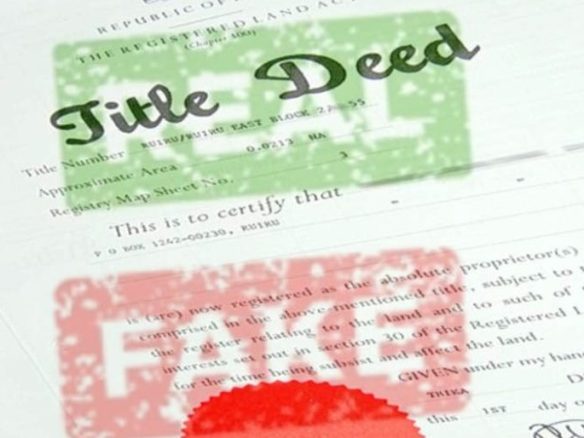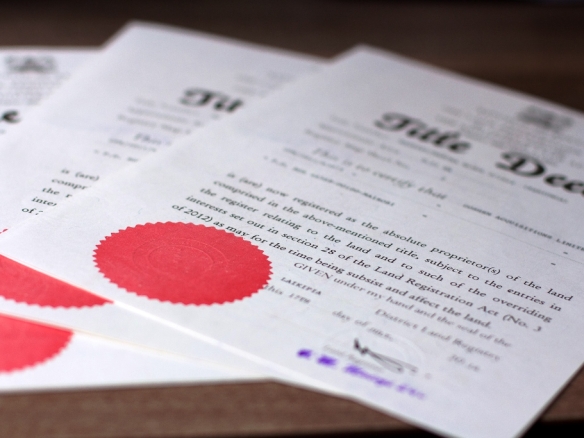When buying real estate, it’s crucial to ask the right questions to ensure you’re making a well-informed decision. Whether you’re purchasing your first home, an investment property, or something in between, the following questions will help you evaluate the property, the market, and the investment potential.
1. What is the asking price and how does it compare to similar properties in the area?
- Why it’s important: Understanding the fair market value of the property helps you assess whether the asking price is reasonable and competitive. Comparing it to similar properties in the neighborhood ensures you’re not overpaying.
- What to ask:
- “What are the prices of comparable homes in the area?”
- “Has the property been listed for a long time or is it priced in line with recent sales?”
2. What is the condition of the property?
- Why it’s important: The physical condition of the property can significantly affect your investment costs, such as repairs or renovations. A property in disrepair might seem affordable but could end up costing a lot in maintenance.
- What to ask:
- “How old is the roof, HVAC system, and plumbing?”
- “Are there any recent inspections or reports on the property’s condition?”
- “Are there any known issues or required repairs?”
3. What is the property’s history?
- Why it’s important: Understanding the property’s history, including past ownership and any major repairs or renovations, can help you avoid future surprises. It’s important to know if the home has had any legal or structural issues.
- What to ask:
- “Can you provide details on previous ownership and any significant repairs or renovations?”
- “Has the property ever been in a foreclosure or short sale situation?”
- “Are there any unresolved legal disputes or liens on the property?”
4. What is included in the sale?
- Why it’s important: Clarifying what is and isn’t included in the sale—such as appliances, fixtures, or furniture—helps avoid misunderstandings and additional costs.
- What to ask:
- “Which appliances are included (e.g., washer, dryer, refrigerator)?”
- “Are there any fixtures or items that are excluded from the sale?”
5. What are the property taxes and HOA fees?
- Why it’s important: Property taxes and HOA fees can vary widely and impact your monthly and yearly expenses. It’s essential to budget for these costs in addition to your mortgage payments.
- What to ask:
- “What is the annual property tax amount?”
- “What are the HOA fees, and what do they cover?”
- “Have the property taxes increased significantly in recent years?”
6. How long has the property been on the market?
- Why it’s important: The length of time a property has been on the market can indicate how desirable it is. If it has been listed for a long time, there might be underlying issues that make it hard to sell.
- What to ask:
- “How long has the property been on the market?”
- “Has the price been reduced, and if so, by how much?”
7. What are the neighborhood and local amenities like?
- Why it’s important: A great property in a poor neighborhood can limit its value and future appreciation. On the other hand, a good location with great amenities can increase the property’s long-term potential.
- What to ask:
- “What are the schools, parks, and other amenities like in this area?”
- “Are there any future developments planned in the neighborhood?”
- “What is the crime rate in the area?”
- “What’s the overall vibe and safety of the neighborhood?”
8. How much will I have to spend on utilities and maintenance?
- Why it’s important: Understanding the utility costs and maintenance responsibilities helps you determine if the property fits within your budget in the long run. Older homes may have higher utility costs or require more frequent repairs.
- What to ask:
- “What are the average utility costs (electric, gas, water, etc.)?”
- “What kind of maintenance or repairs can I expect to pay for annually?”
- “Is the property energy-efficient (e.g., insulation, windows, HVAC system)?”
9. What are the local property values and market trends?
- Why it’s important: Knowing the market trends can help you make an informed decision about whether the property is likely to appreciate, and how quickly. It’s also good to understand the overall demand for homes in the area.
- What to ask:
- “What are the current real estate market trends in the area?”
- “Has the area seen consistent price appreciation?”
- “How quickly do properties sell in this neighborhood?”
10. Are there any zoning issues or restrictions?
- Why it’s important: Zoning laws and property restrictions (like those set by HOAs or local authorities) can affect how you can use the property in the future (e.g., if you plan to add an extension or rent it out).
- What to ask:
- “Are there any zoning restrictions or future zoning changes that could impact this property?”
- “Are there any HOA rules or building restrictions in place?”
11. What is the seller’s motivation?
- Why it’s important: Understanding why the seller is selling can provide you with leverage during negotiations. For instance, if the seller is motivated to sell quickly, they may be willing to accept a lower offer.
- What to ask:
- “Why is the seller moving?”
- “Is there any urgency in the seller’s timeline?”
12. What’s the property’s rental potential (if you plan to rent it out)?
- Why it’s important: If you’re purchasing the property as an investment, it’s important to know whether the property will generate positive cash flow or attract tenants quickly.
- What to ask:
- “What is the typical rental rate for this property type in this area?”
- “How high is the demand for rental properties in the area?”
- “What are typical vacancy rates?”
13. What are the financing options?
- Why it’s important: Different properties may have different financing requirements. Some homes (especially distressed ones or in certain areas) might require specialized loans or down payments.
- What to ask:
- “What types of financing are available for this property?”
- “Are there any special loan programs available for first-time buyers?”
- “Is there room for negotiation on the price or seller concessions?”
14. Is the property insured?
- Why it’s important: Ensuring the property has insurance, and understanding what kind of insurance coverage is necessary, can help protect your investment in case of damage or unexpected events.
- What to ask:
- “Is the property currently insured?”
- “What type of insurance coverage is recommended for this property?”
15. What’s the long-term growth potential?
- Why it’s important: For both buyers and investors, it’s crucial to evaluate the long-term potential of the property to appreciate in value or generate consistent rental income.
- What to ask:
- “What are the long-term growth projections for the area?”
- “Are there any major infrastructure or development projects planned?”
Conclusion
Asking these key questions will help you gain a deeper understanding of the property, the local market, and the financial implications of your investment. Whether you are buying a primary residence or an investment property, being thorough in your due diligence will give you confidence in your purchase decision and help protect your investment. Always work with trusted professionals, such as a real estate agent, valuer & lawyer to ensure all bases are covered before finalizing your purchase.





Join The Discussion